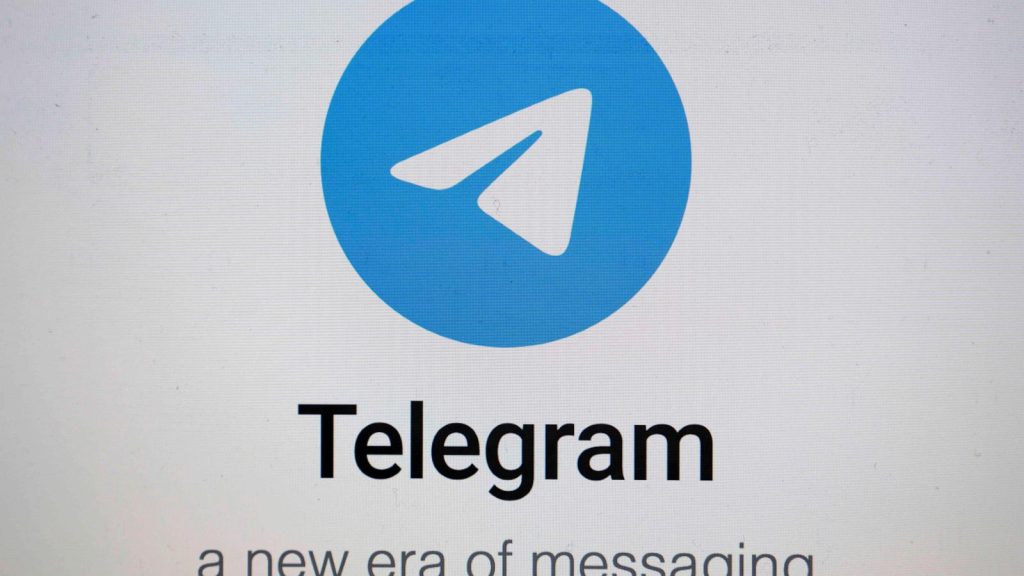Ukraine bans Telegram use on state-issued devices
3 min read

Ukraine has implemented a ban on the use of the Telegram messaging app on government-issued devices, targeting personnel from the military, defense sector, and critical infrastructure. This decision, announced by the National Security and Defence Council of Ukraine (Rnbo), aims to minimize potential threats arising from Russian cyber activities following the full-scale invasion of Ukraine in 2022.
The Rnbo highlighted the critical risks associated with Telegram, stating that it has been exploited by Russian forces for cyber-attacks, distributing phishing schemes, and malware, as well as tracking user locations and refining missile strikes. In a recent statement, the council stressed the need for increased cybersecurity measures amid ongoing hostilities.
Telegram has been widely used by both Ukrainian and Russian government officials, making this ban a significant move in the context of national security. The decision followed a meeting involving key figures in Ukraine’s information security sector, military leaders, and lawmakers. Notably, Kyrylo Budanov, the head of military intelligence, presented compelling evidence of Russian intelligence’s capacity to infiltrate personal Telegram communications, including the ability to access deleted messages.
“I have always supported and continue to support freedom of speech, but the issue of Telegram is not a matter of freedom of speech; it is a matter of national security,” Budanov stated, underscoring the gravity of the situation.
While the ban is comprehensive, the Rnbo clarified that officials who rely on Telegram as part of their official duties will be exempt from this restriction. This means that certain communications essential to their roles can continue without interruption. Furthermore, Andriy Kovalenko, the head of the Rnbo’s counter-disinformation center, specified that the ban applies solely to official devices and does not affect personal smartphones. This distinction allows government officials and military personnel to maintain and update their official Telegram accounts, preserving a line of communication.
Interestingly, despite its potential security vulnerabilities, Telegram remains a popular platform for news and information in Ukraine. A survey conducted by USAID-Internews last year indicated that 72% of Ukrainians utilized Telegram for news consumption, marking it as the leading social platform in the country.
Co-founded in 2013 by Pavel Durov and his brother, Telegram offers features such as end-to-end encryption, attracting millions of users worldwide. Durov, who left Russia in 2014 after refusing to comply with government demands to shut down opposition channels, has faced scrutiny recently. He was placed under formal investigation in France related to organized crime, sparking debates about free speech and content moderation on digital platforms.
The current situation highlights the tension between security needs and the digital rights of individuals. Durov, who is also a French national, has previously indicated that Telegram has reached 950 million monthly active users, demonstrating its substantial global influence.
As Ukraine grapples with ongoing security challenges, the decision to ban Telegram on official devices reflects a broader trend of governments reevaluating their digital communication tools in the face of cyber threats. The move aims to protect sensitive information and ensure that state communications remain secure from foreign intrusion.
In summary, while Telegram serves as a vital communication tool for many, the risks it poses have prompted Ukrainian authorities to take decisive action to safeguard national security. The balance between maintaining open lines of communication and ensuring cybersecurity continues to be a complex issue for governments worldwide, particularly in conflict zones like Ukraine. As the situation evolves, it remains crucial for officials to navigate these challenges carefully, adapting to the changing landscape of digital communication in an increasingly interconnected world.